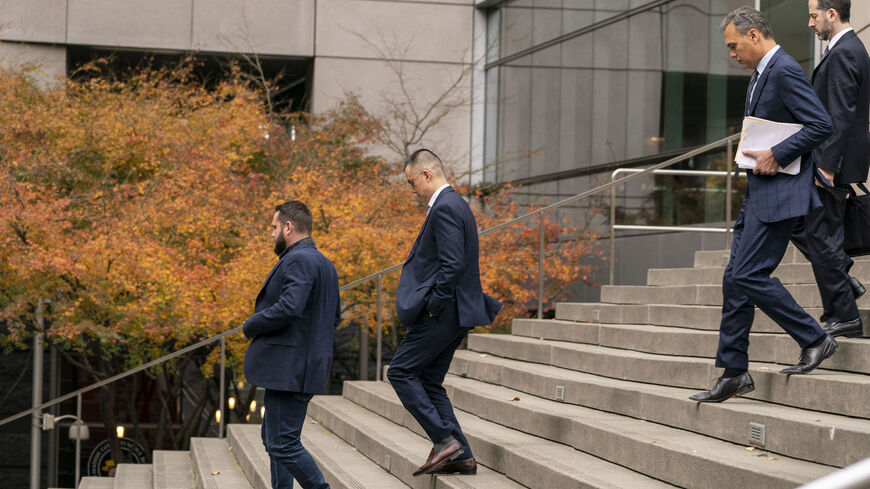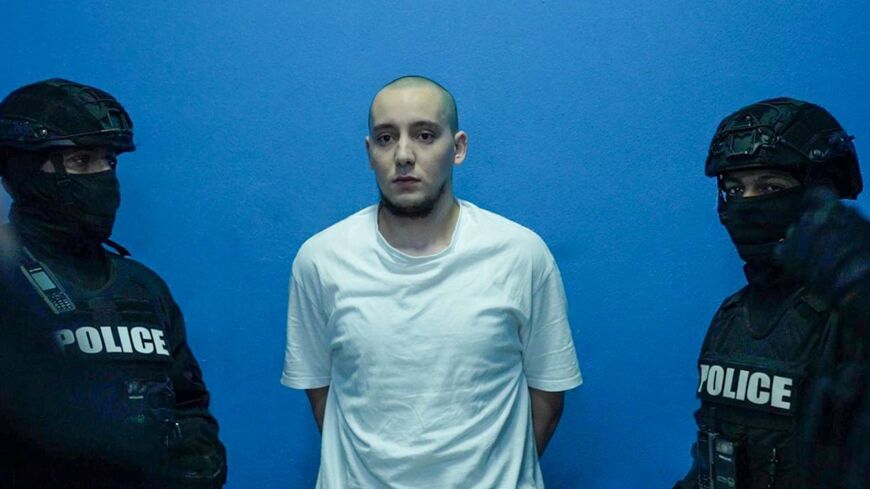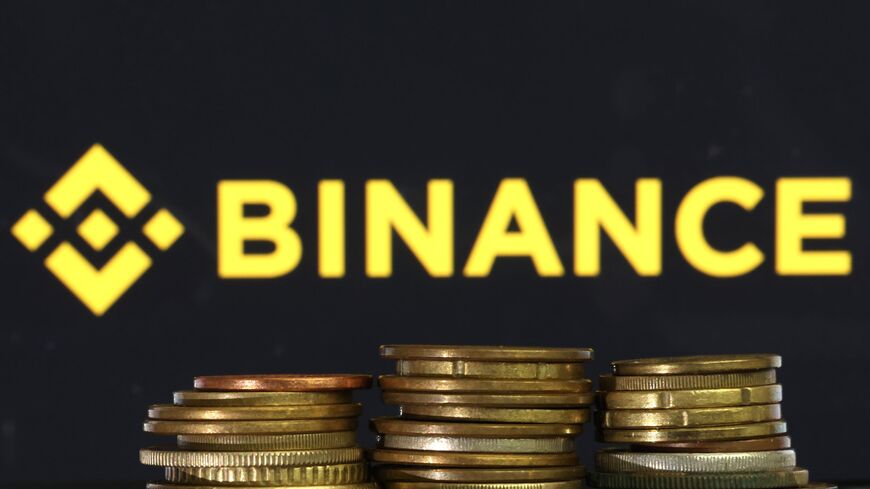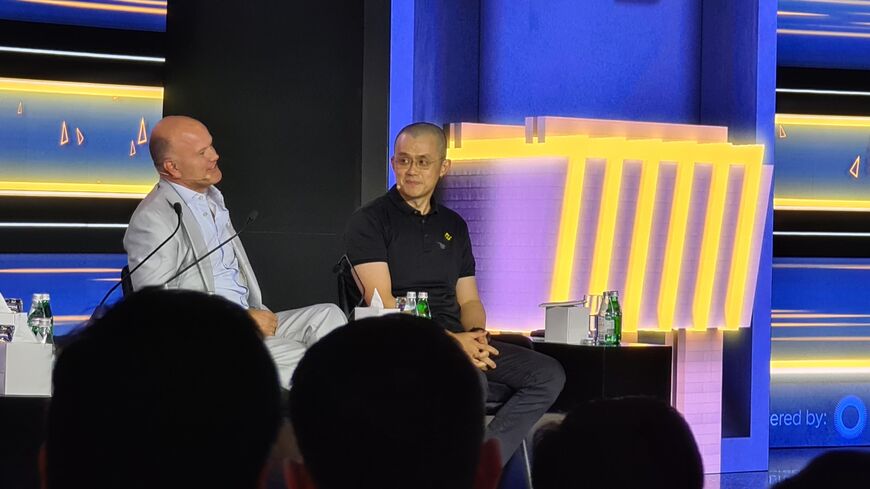NFL star Antonio Brown extradited from Dubai: What to know
The US and the UAE do not have an extradition treaty, a factor that affected the proceedings against Binance founder Changpeng Zhao.

Former American football star Antonio Brown has been extradited from the United Arab Emirates to face an attempted murder charge, US police said Thursday evening, ending a months-long saga following his escape to Dubai.
What happened: Miami Police spokesperson Michael Vega said that Brown was apprehended by US Marshals in Dubai on Thursday and extradited to the United States. He is currently being held in the state of New Jersey before his transfer to a Miami jail.
The arrest stems from a May incident in which shots were fired outside a celebrity boxing match in Miami. Brown wrote on X at the time that he had been “jumped” and was “temporarily detained” by police before being released.
Police put out an arrest warrant for Brown in June, prompting Brown to call the charges “fake” on X. He appeared in Dubai the same month when he posted a picture of himself at the BUKA Boxing retailer in the city, though he set the post's location to Iran.
Brown played 12 seasons in the National Football League as a wide receiver. He was one of the top players in his position and won a Super Bowl alongside Tom Brady in early 2021.
Brown, who has said he suffers from the injury-induced neurological condition chronic traumatic encephalopathy, is known for his off-field antics and strange behavior. During a late 2021 game, he took off his shirt and pads and ran off the field. His team, the Tampa Bay Buccaneers, released him soon thereafter and he has not played in the league since.
The football star had traveled to Dubai previously, and made headlines in 2022 when he was caught on camera exposing himself to a woman at a hotel pool in the Emirati city.
Why it matters: The US and the UAE do not have an extradition treaty, a lack that has complicated legal cooperation between the two countries. In 2023, founder of the cryptocurrency firm Binance Changpeng Zhao traveled to the US, reportedly on his own will, to face money laundering charges. He was sentenced to four months in prison the following year.
Zhao, an Emirati citizen, was denied a request to visit his family back in the UAE, with a judge citing the lack of an extradition treaty between the Gulf state and the US.
The UAE Foreign Ministry did not immediately respond to Al-Monitor’s request for comment on Brown’s extradition. Brown’s case differs from Zhao’s in that the former is not a citizen of the UAE.
The US and the UAE did sign a mutual legal assistance treaty in 2022 that outlined judicial cooperation and assistance in criminal cases.
The UAE handles extradition requests on a case-by-case basis. Local authorities and later the courts review the requests while the final decisions are made by the Ministry of Justice, according to a primer from the international law firm Charles Russell Speechlys.






